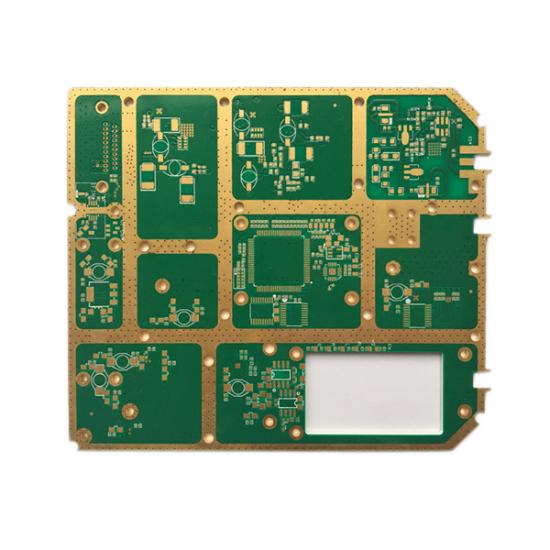What is the IPC standard in the PCB industry?
The IPC standard is the electronics industry's most widely recognized acceptability code. The organization publishes standards for nearly every stage of the electronics product development cycle, including design, procurement, assembly, packaging, and more. So another thing we know from this short introduction is that the IPC standard refers to everything in the electronics industry and is a must-know for both designers and manufacturers.
Just like the IPC standard tree, there are many standards formulated for different aspects, and they all serve end products. For example, IPC-A-610, which mainly addresses the acceptability of electronic assemblies, is used worldwide by OEMs and EMS companies.
一. Why use the IPC standard?
After reading the IPC standard tree, some friends may reject this standard because of its complexity and triviality. This kind of thinking is not advisable, we must be clear about the benefits that the IPC standard can bring.
(1) Quality assurance and product reliability
As we said before, IPC standards touch everything in electronics, such as IPC-A-600 for acceptability of printed boards, even in IPC-4562, IPC-SM-840 and IPC-7525, 7526, 7527 Material requirements for copper foil, solder mask, and stencil designs are listed separately. Because it has established standards from various aspects, as long as they are applied in the production process of electronic products, manufacturers only need to strictly implement the standards, and the product quality and reliability will naturally be guaranteed.
(2) Easy to communicate
The IPC standard is the most widely used term in the electronics industry, it describes and demonstrates almost all engineering problems. The IPC standard, like the C language commonly used in the computer industry, has a similar status in the electronics industry. Because it is widely used, everyone can understand each other well, so as to ensure barrier-free communication.
(3) Guarantee production
Generally speaking, each PCB manufacturer will formulate its own production and quality standards accordingly according to IPC standards, and all production line workers will be trained in technical knowledge, so workers in each position can basically understand and abide by the production guidelines. As for all the managers, they have received professional education of IPC standards and have experienced so many projects in their careers. From the above aspects, all production processes are operated by professionals, and all-round tests are carried out according to IPC standards, so as to ensure the smooth progress of production.
(4) Cost saving
Thanks to the wide applicability and acceptance of IPC standards, engineers and designers know how to test finished products, and manufacturers know what requirements they must meet and meet the agreed special standards. Almost all companies have a QC department, and all employees have a deep understanding of how the product should be. For consensus and mandatory requirements, we don't need to keep trying to know which material is suitable, which can avoid excessive trial and error costs, thus saving a considerable amount of money.
According to the definition of IPC standard, products can be divided into three grades.
The IPC primary standard is a primary standard with the shortest service life and the simplest functions.
IPC Class II standard, which stands for service electronics or special purpose products with high performance, high reliability and long life.
IPC level 3 standard refers to high-performance electronic products used in military, medical, aerospace and other special industries.

Send PCB Files to Sales@ucreatepcba.com, We Will Quote You Very Soon!
Request PCB Manufacturing & Assemble Quote Now



